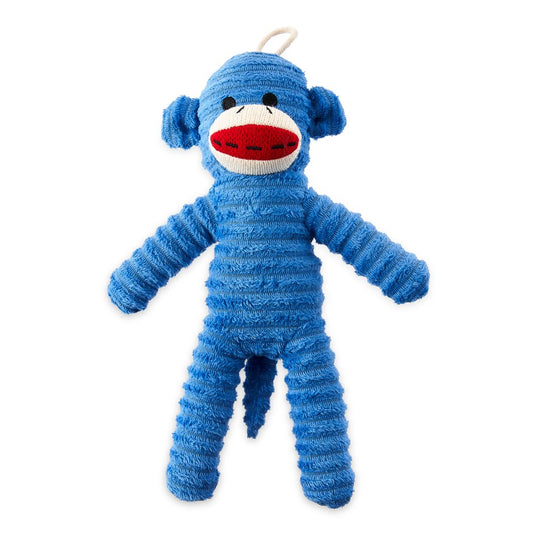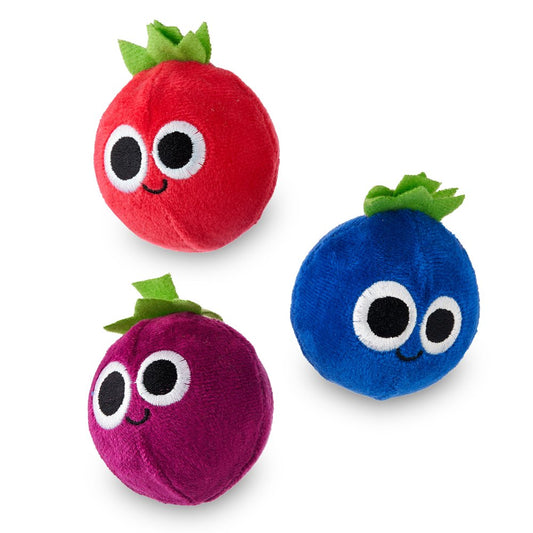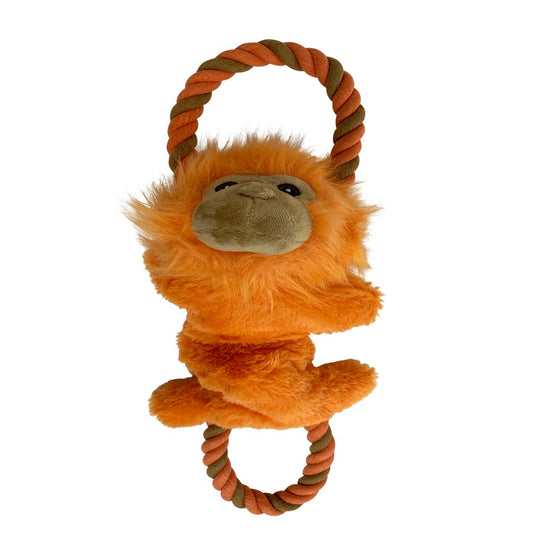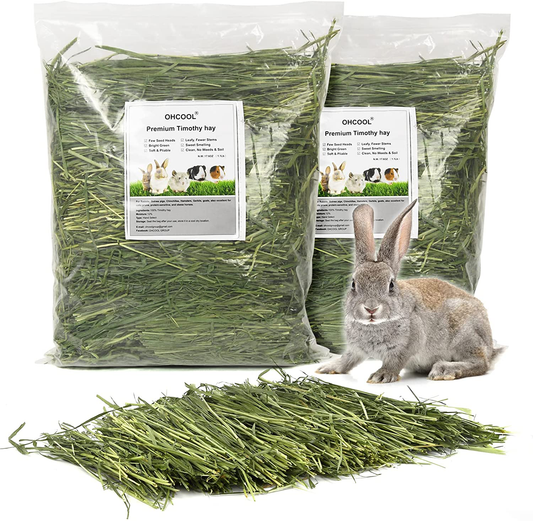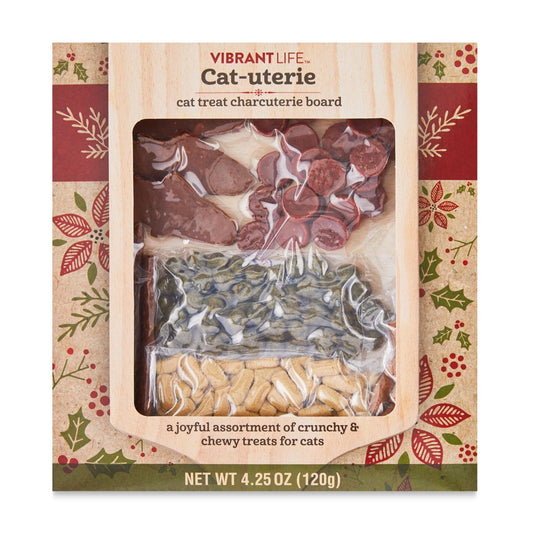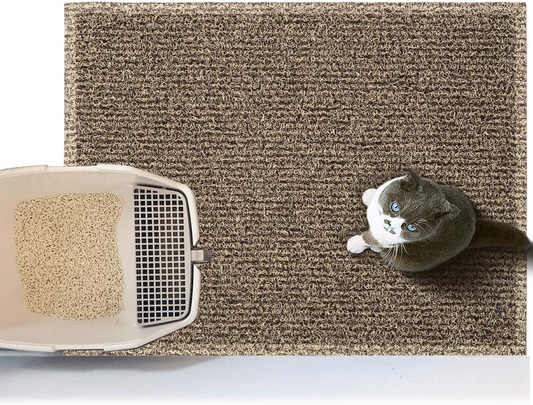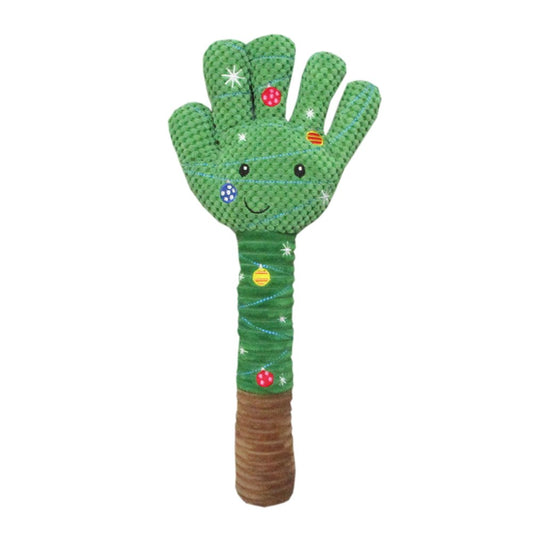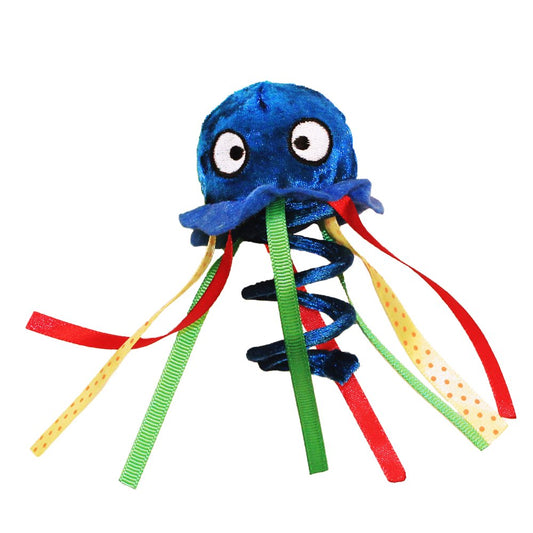The Importance of Proper Nutrition for Your Pet
As a pet owner, you want to do everything you can to ensure that your furry friend lives a happy and healthy life. One of the most important things you can do to promote your pet's health and well-being is to provide them with proper nutrition. A healthy diet can help your pet maintain a healthy weight, keep their coat shiny and healthy, and prevent many common health problems.
In this article, we'll discuss the importance of proper nutrition for your pet and provide tips and advice for choosing the best food for your pet's health and well-being.
Why Proper Nutrition is Important for Your Pet
Just like humans, pets need a balanced and nutritious diet to maintain their health and well-being. Proper nutrition provides pets with the essential nutrients they need to support their immune system, maintain healthy skin and coats, and prevent chronic diseases.
Here are some of the reasons why proper nutrition is important for your pet:
- Supports Immune System: A healthy diet can help strengthen your pet's immune system, making them less susceptible to diseases and illnesses.
- Promotes Healthy Weight: A balanced diet can help your pet maintain a healthy weight, reducing the risk of obesity and related health problems.
- Healthy Skin and Coat: Proper nutrition can help keep your pet's skin and coat healthy, reducing the risk of skin irritations and infections.
- Prevents Chronic Diseases: A healthy diet can help prevent many common chronic diseases, such as diabetes, heart disease, and cancer.
What Nutrients Do Pets Need?
To provide your pet with a balanced and nutritious diet, it's important to understand the essential nutrients that pets need. Here are the key nutrients that should be included in your pet's diet:
- Protein: Protein is essential for building and repairing cells, tissues, and organs. High-quality protein sources for pets include meat, poultry, fish, and eggs.
- Carbohydrates: Carbohydrates provide pets with energy and help maintain healthy digestion. Good sources of carbohydrates for pets include whole grains, vegetables, and fruits.
- Fats: Fats are a vital source of energy for pets and are important for maintaining healthy skin and coats. Good sources of fat for pets include fish oil, flaxseed oil, and chicken fat.
- Vitamins: Vitamins are essential for maintaining healthy bodily functions and preventing diseases. Good sources of vitamins for pets include fruits, vegetables, and meat.
- Minerals: Minerals are essential for maintaining healthy bones, teeth, and muscles. Good sources of minerals for pets include meat, eggs, and dairy products.
Choosing the Best Food for Your Pet
Now that you understand the importance of proper nutrition for your pet and the essential nutrients they need, it's time to choose the best food for your pet's health and well-being. Here are some tips and advice for choosing the best food for your pet:
- Consult with Your Veterinarian: Your veterinarian can provide valuable advice on the best food for your pet's specific needs, based on their age, breed, and health conditions.
- Read the Labels: When choosing pet food, read the labels carefully to ensure that the food contains high-quality ingredients and provides the essential nutrients your pet needs.
- Consider the Brand: Choose a reputable brand of pet food that has a good track record for providing high-quality and nutritious food.
- Look for Protein-Rich Food: Look for pet food that contains high-quality protein sources, such as meat, poultry, and fish.
- Choose Whole Foods: Look for pet food that contains whole foods, such as fruits, vegetables, and whole grains, which provide essential nutrients and fiber.
- Avoid Fillers and Add



